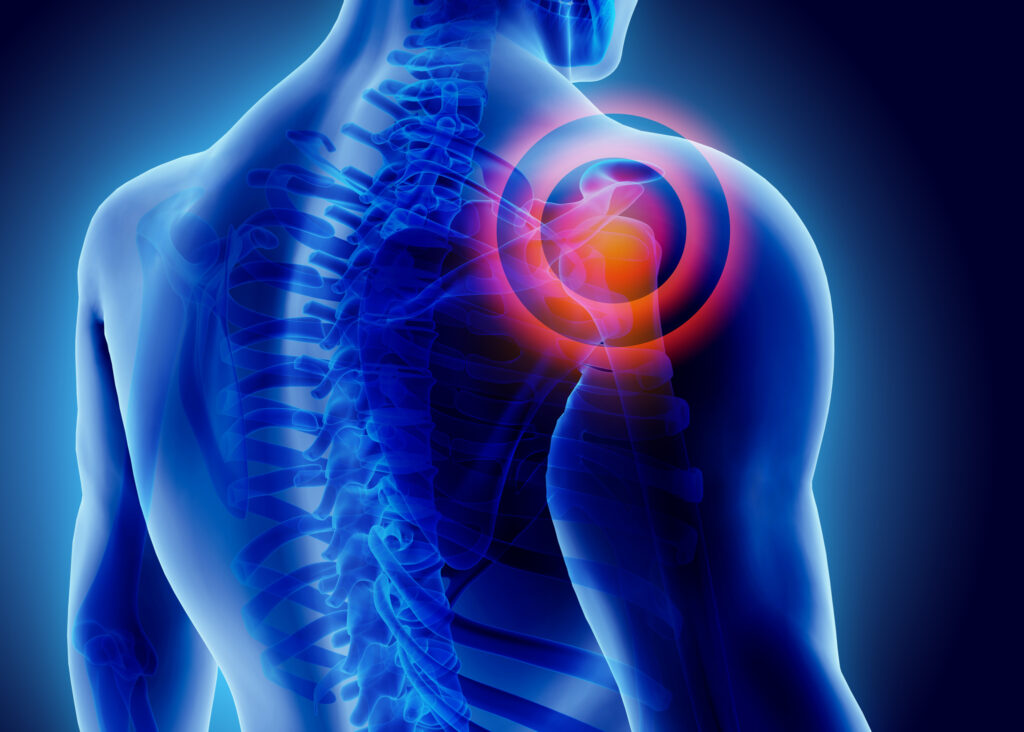Rotator cuff tears (RCT) represent a significant source of shoulder pain, particularly among adults. The “rotator cuff” is a collective term for the four muscles—supraspinatus, infraspinatus, subscapularis, and teres minor—that envelop the shoulder joint. These muscles play a crucial role in maintaining both the rotational movement and stability of the shoulder. When one or more of these muscles become ruptured or damaged, individuals often experience debilitating pain in their arms and shoulders, significantly impacting their quality of life.
The underlying causes of RCT are often linked to degenerative changes driven by chronic inflammation of the tendons. This inflammation leads to defects in tendon tissue, primarily due to the exhaustion of endogenous tendon stem cells (TSPCs). The regeneration of tendons is reliant on the rejuvenation of these TSPCs before they can enter their growth phase. TSPCs are remarkable in that they exhibit clonogenicity, multipotency, and self-renewal properties. They also express classical stem cell markers and genes associated with tendon lineage, although specific markers for TSPCs remain to be fully identified.
Recent research has begun to shed light on novel TSPC markers and explore various strategies for TSPC reprogramming. These advancements hold promise not just for treating rotator cuff tears, but also for addressing other age-related degenerative conditions. The potential for TSPC reprogramming technology to be adapted for regenerative medicine opens exciting avenues for future treatments that could significantly improve patient outcomes.
In this context, the review authored by Sung Yong Ahn from the Department of Physiology, Ajou University School of Medicine in Suwon, Republic of Korea, provides a comprehensive overview of the current understanding of TSPCs and their role in tendon healing. The insights gained from this research could pave the way for innovative therapeutic strategies aimed at rejuvenating tendon tissue and combating the effects of aging and degeneration. As the field of regenerative medicine continues to evolve, the study of TSPCs may play a pivotal role in developing effective treatments for rotator cuff tears and similar conditions, offering hope to countless individuals suffering from shoulder pain.


